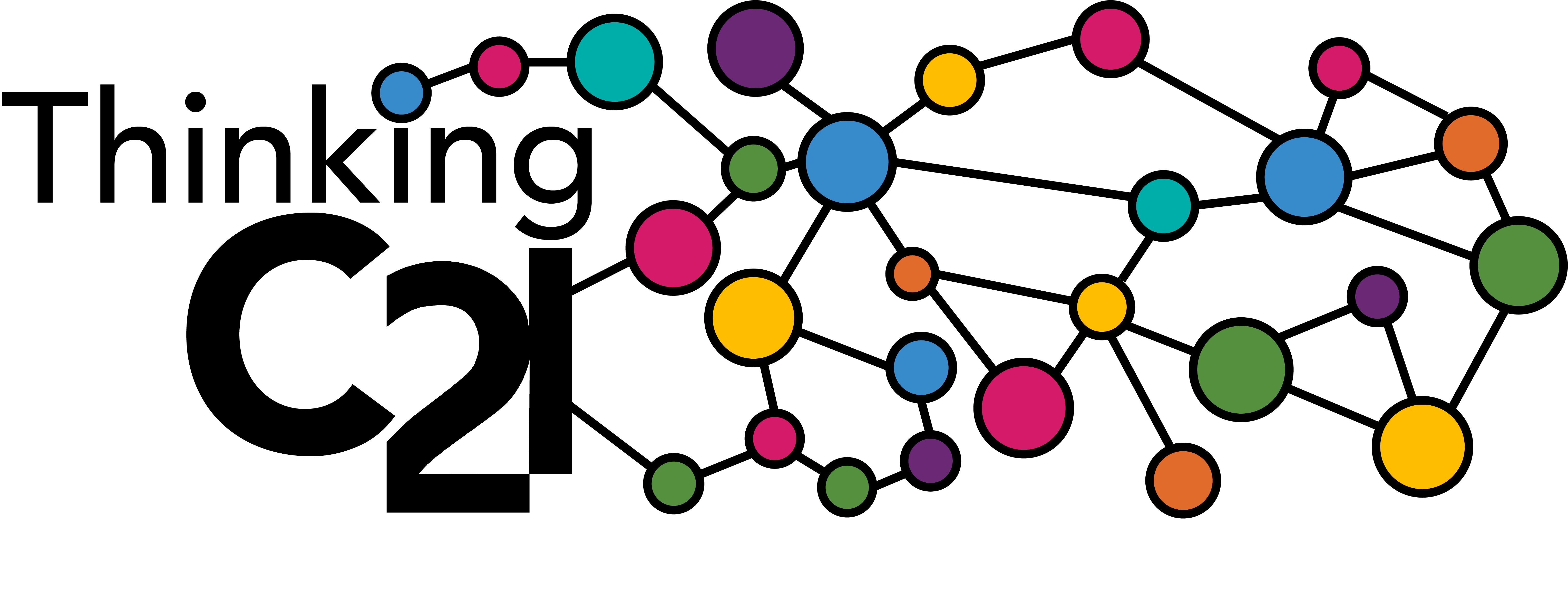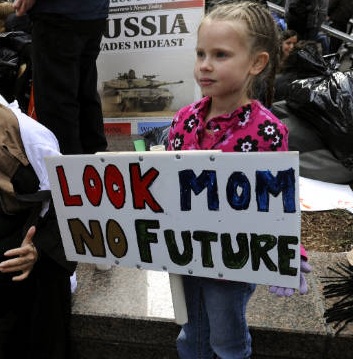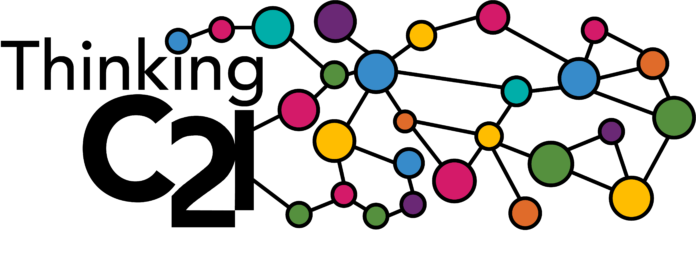[by Matthew Boman]
Jodi Dean calls Communism “the force of an absence and an alternative, as the general field and division of the common, as the subjectification of the gap of desire” (Occupation and the Party). For her, Occupy opens the space and can potentially
provide the momentum for the Party as long as it does not fall under the spell of any of the three paths that, she argues, have been the downfall of the American left: democracy, anarchism, and liberalism.
Democracy she faults because of the impossibilities of it creating any equitable social system or properly responding to our current environmental crisis. This I’m partial to agreeing with, especially given our current political climate—how can one expect a democratic solution these two problems when half the country doesn’t believe that they are problems, and even those who do would not willingly adopt the radical measures necessary to solve either of them?
Dean’s definition of anarchism is very specific and almost synonymous with localism—i.e. self-organization, DIY community organizations, co-ops, and so on. She faults it because she believes that it cannot address large-scale problems, and that it cannot be anything but primitive, backward-looking.
Liberalism she defines as an emphasis on individuality or a fetishization of freedom and rights. While living in China, I heard similar arguments from Maoists upset about the Americanization of their way of life. She laments that discipline has become a bad word within the American left, and says that instead of focusing on individual voices we should be more process oriented, push towards participationism.
As people are asking what happened to Occupy a year after its inception, it might be worth taking Dean’s criticisms and solutions into consideration.
But what follows? What does a world without capitalism look like and how do we get there? As easy as it is to criticize capitalism, the only successful alternatives I’ve seen (neither of which Dean mentions) are the Mondragon Corporation in Spain and the various Autonomist movements throughout the world.
For Dean, however, the solution lies in the Party. The Party benefits from solidarity and discipline, and it prevents multiple affinity groups from arising and taking people in different directions. One problem with Occupy, she claims, was that there was no clear goal. However, through the Bartlebian gesture of preferring not to, of not providing clear demands—that is, by refusing to operate within the pre-structured realm of liberal capitalist democracy—Occupy took the first revolutionary step.**
The problem was that we didn’t take a second. We knew neither where to go nor how to get there. “The event of Occupy,” says Dean, “has to be understood in terms not of continuity with communicative capitalism but of a rupture, of a hole or break. If Occupy simply continued to offer networks, brands, and individual choices, it would be indistinguishable from what we have.” This is the role of the Party: to be the second step, for leaders to emerge with distinct goals and ideas, to implement those ideas and actions.
More is covered about the role, shortcomings, and potential of Occupy in the selection of her book Dean has provided for her lecture, and a talk given before Occupy presents a more in-depth description of what the Party is and isn’t.
Personally, I am tempted to reiterate Bakunin’s criticisms of Marx and use failed attempts at communism as my support; yet at the same time I recognize the inherent limitations of direct action practices and failure of them to even spark a revolution. What the collapse of 2007 has taught us is that democratic capitalism has failed, and once we admit this to ourselves, we can begin to discuss what happens next. The naïve dreamers are not the ones who think radical change will happen but those who think things can keep on going as they have been.
—
** And this step is revolutionary in a system where capitalism is taken as a given. We can see how difficult it to forge collectivities here at UWM, where budget “efficiencies” often trump collaborations, and the structure of communication ensures competition rather than collective organizing. To publicize Jodi Dean’s lecture to the broader community, for instance, the talk not only needs to be deemed “of interest to the community” – it also needs to be deemed of more interest than the other campus events occurring within the particular news cycle.






